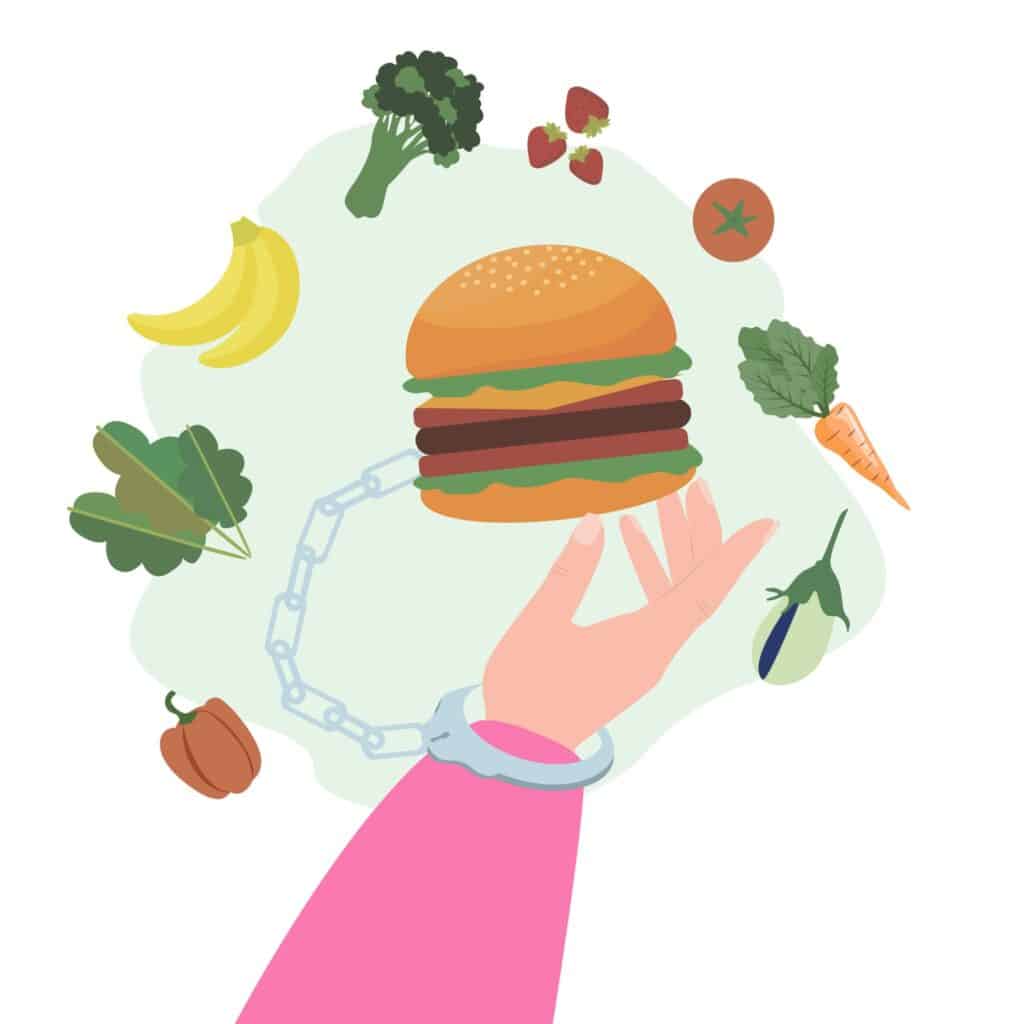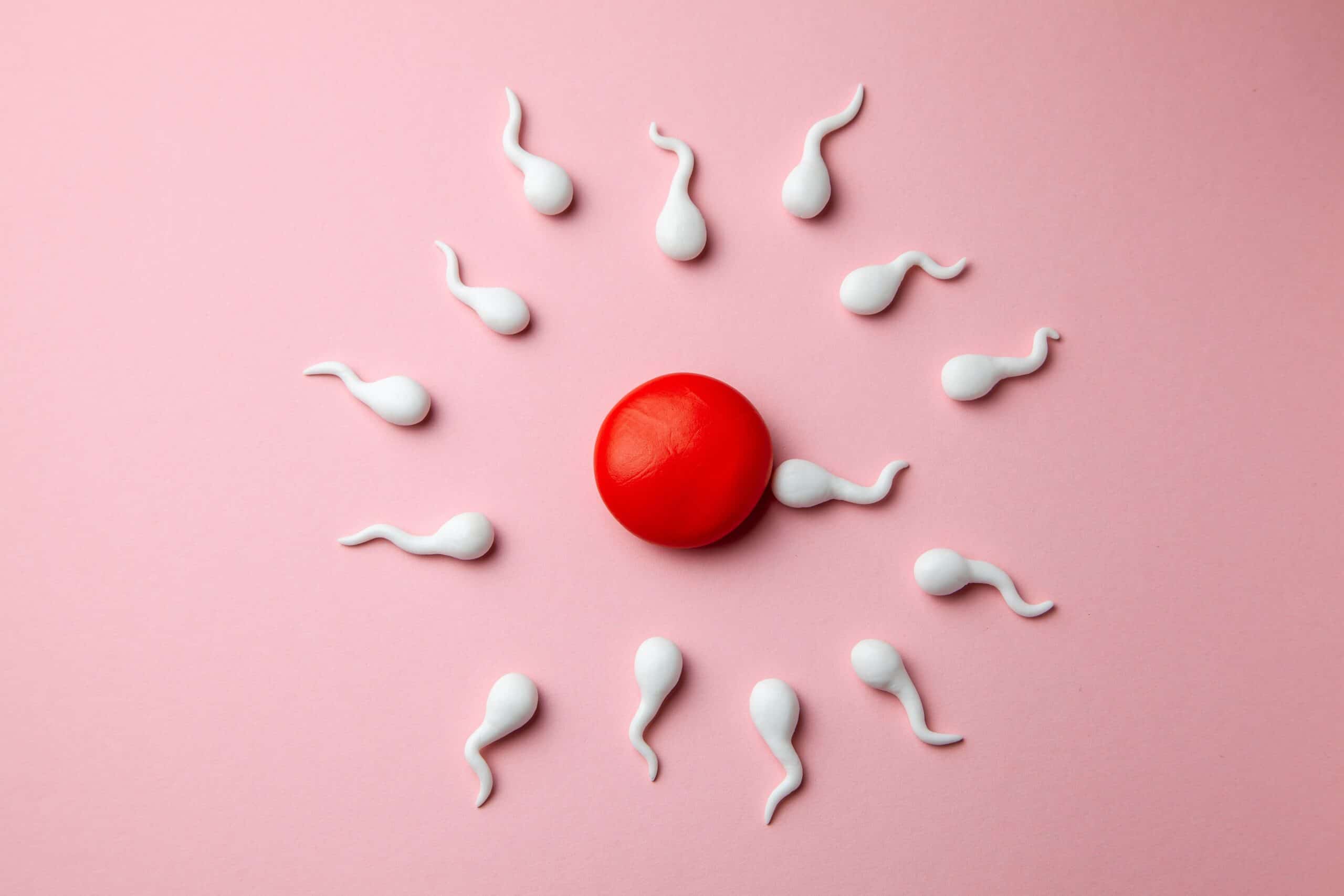Blog

What is the difference between disordered eating and an eating disorder?
Eating behaviour exists on a spectrum: at one end is a healthy and intuitive relationship with food and your body; at the other end are diagnosable eating disorders.
Disordered eating exists somewhere in the middle.
If your eating is disordered, some of your behaviours may be healthy while others are harmful. It may also mean that the harmful behaviours are lesser in frequency and severity than what is seen in an eating disorder.
To be diagnosed with an eating disorder, a person must fit a specific set of criteria as determined by the DSM-5, a manual used by mental health professionals to assess and diagnose mental disorders. ‘Disordered eating’ is merely a description of a group of behaviours and is not a diagnosis.
Healthy eating behaviours
A healthy relationship with food is what we are striving to achieve by implementing the principles of Intuitive Eating. It is a life free from dieting and restrictive food rules that allows us to have freedom around food.
This might look like:
- Eating a variety of different foods
- Listening to your hunger-fullness cues
- Making food choices based on intuition
- Positive body image
- Engaging in movement for the purpose health and enjoyment
Disordered eating behaviours
A disordered relationship with food is characterised by guilt and anxiety related to eating. The associated behaviours are generally undertaken with the intention of easing these uncomfortable feelings.
This might look like:
- Frequent dieting, fasting, detoxing etc.
- Episodes of restriction and/or binge eating
- A preoccupation with food, weight and body shape
- A rigid approach to eating – for example, limited food variety or strict meal times
- Self-worth based highly (or even entirely) on body shape and weight
- The use of behaviours intended to ‘compensate’ for calories eaten – for example, laxatives or self-induced vomiting
- A strict exercise routine for the purpose of changing one’s body
- Reliance on food as a coping mechanism for boredom, sadness, stress etc.
The same list could describe the symptoms of an eating disorder, but the severity or frequency of these behaviours is lesser. While disordered eating is not as serious as an eating disorder, they can still have dangerous and long-lasting effects on health.
Eating disorder behaviours
An eating disorder often begins as disordered eating and progresses over time. That being said, not all people who have disordered eating habits will develop an eating disorder.
Eating disorders can have significant and dangerous health outcomes, such as kidney and heart issues, organ failure and even death.1
The eight eating disorder diagnoses described in the DSM-5 are:
- Anorexia Nervosa
- Bulimia Nervosa
- Binge-Eating Disorder
- Avoidant/Restrictive Food Intake Disorder (ARFID)
- Other Specified Feeding or Eating Disorder (OSFED)
- Pica
- Rumination Disorder
- Unspecified Feeding or Eating Disorder
When should I seek help?
As soon as possible.
If your eating habits or your body image have become concerning or are distressing to you, it’s time to reach out to a health care professional.
Early intervention is key to improve the likelihood and rate of recovery of an eating disorder.2 If left untreated, the eating disorder will often become more severe and more difficult to treat.3
NOTE: even if you do not have a diagnosed eating disorder, if eating is causing you to feel shame, guilt, fear or anxiety, you are worthy of seeking support and amending your relationship with food.
Finding joy in food and feeling good in your body is a birthright!
At Embody Health London, our dietitians specialise in helping people to normalise their eating habits and restore their relationship with food. You may also benefit from seeking the advice of a psychologist to address and underlying issues. The most important thing is that you seek support from an experienced health professional. You are WORTH IT!
You can contact us at [email protected] to request a free enquiry call to chat about how we can help you to better your relationship with food.
Karli Battaglia MDiet, APD
EHL Team x
References
- Kaye W. Health Consequences [Internet]. National Eating Disorders Association. [cited 28 November 2020]. Available from: https://www.nationaleatingdisorders.org/health-consequences
- Grange D, Loeb K. Early identification and treatment of eating disorders: prodrome to syndrome. Early Intervention in Psychiatry. 2007;1(1):27-39.
- Fichter M, Quadflieg N, Hedlund S. Twelve-year course and outcome predictors of anorexia nervosa. International Journal of Eating Disorders. 2006;39(2):87-100.














